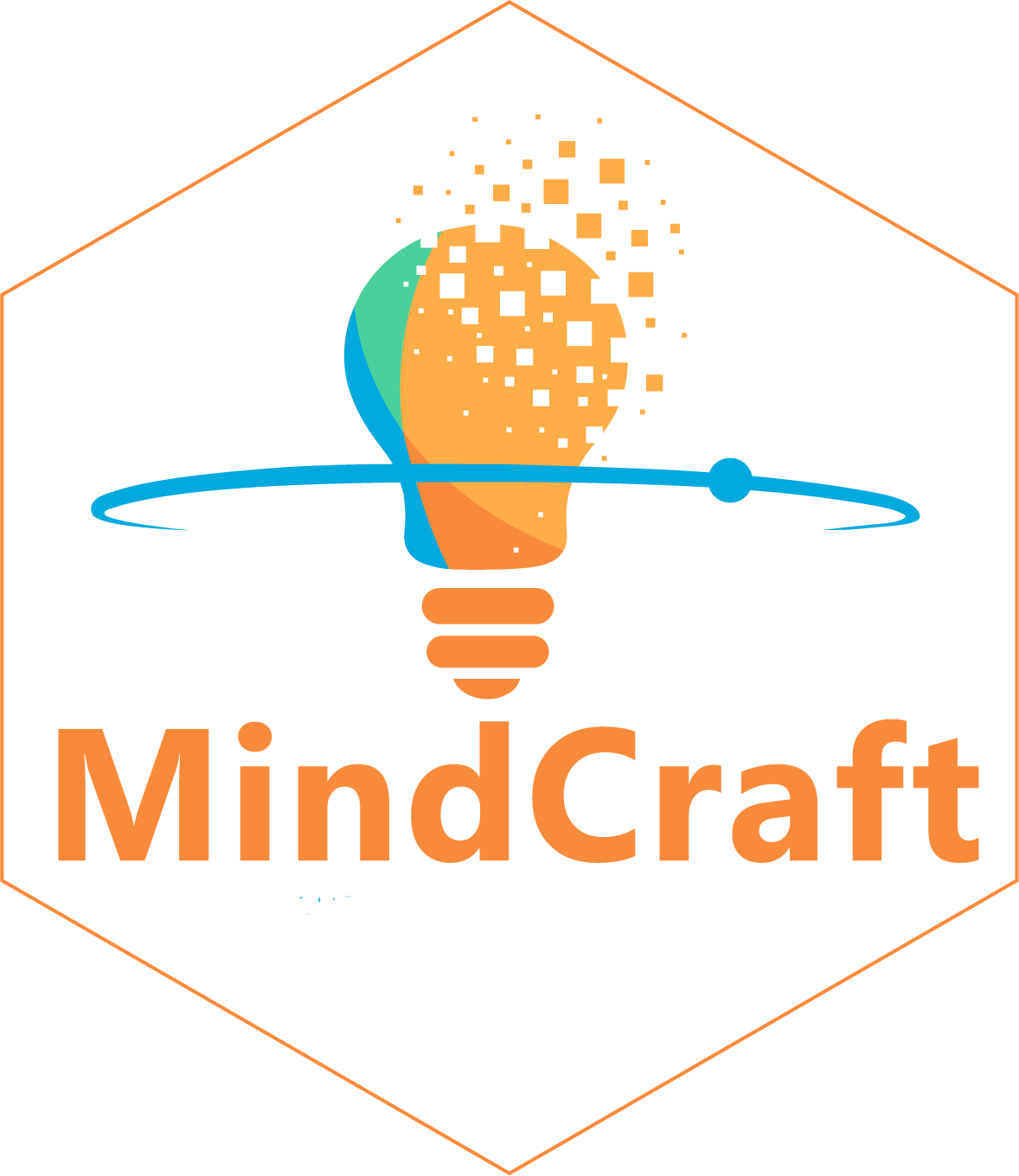The Importance of Summer Camps: Combating Summer Learning Loss and Building Future Success
Summer camps provide a unique opportunity to combine fun and learning, bridging the gap between school years while fostering both academic and personal growth. Over the summer break, children often experience a decline in their academic skills—particularly in reading and math—known as "summer learning loss." Educational camps help counteract this by engaging children in hands-on, intellectually stimulating activities, ensuring they retain and even expand upon their knowledge.
Combating Summer Learning Loss
Without consistent learning opportunities, children can lose significant academic progress during summer vacation. This learning loss affects all children but can be particularly impactful for those who lack access to enriching summer programs. Camps that offer curriculum-based, interactive activities help children maintain and build upon their skills, enabling them to return to school in the fall with confidence and readiness.
Social and Emotional Growth
Summer camps aren’t just about academics—they also provide an ideal environment for developing social and emotional skills. Through group activities, collaborative projects, and interactive games, children practice communication, teamwork, and empathy. These experiences enhance self-confidence and resilience, equipping children with skills that are valuable not only in the classroom but also in life.
Intellectual Engagement for Future Success
Participation in camps focused on creative and intellectual pursuits encourages curiosity and critical thinking. Whether exploring STEM, art, or history, campers gain hands-on experience that deepens their understanding of the world around them. Camps often integrate activities like experiments, problem-solving challenges, and design projects, which help develop creativity, perseverance, and cognitive skills essential for future success.
Developing a Foundation for Lifelong Learning
Camps that emphasize critical thinking and evidence-based learning empower children to approach problems with curiosity and logic. Activities grounded in the scientific method—such as observing, hypothesizing, and experimenting—help campers build reasoning skills that extend far beyond academics. These foundational abilities prepare children for challenges in school and beyond, nurturing a lifelong love for learning and discovery.
Conclusion
Summer camps are a powerful tool for preventing summer learning loss, fostering social connections, and preparing children for success in school and life. By blending education with fun, camps provide a well-rounded experience that supports continuous learning, personal growth, and skill development. Enriching summer programs ensure that children return to school confident, inspired, and ready to thrive.

